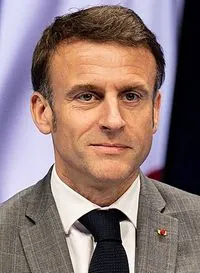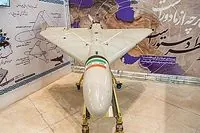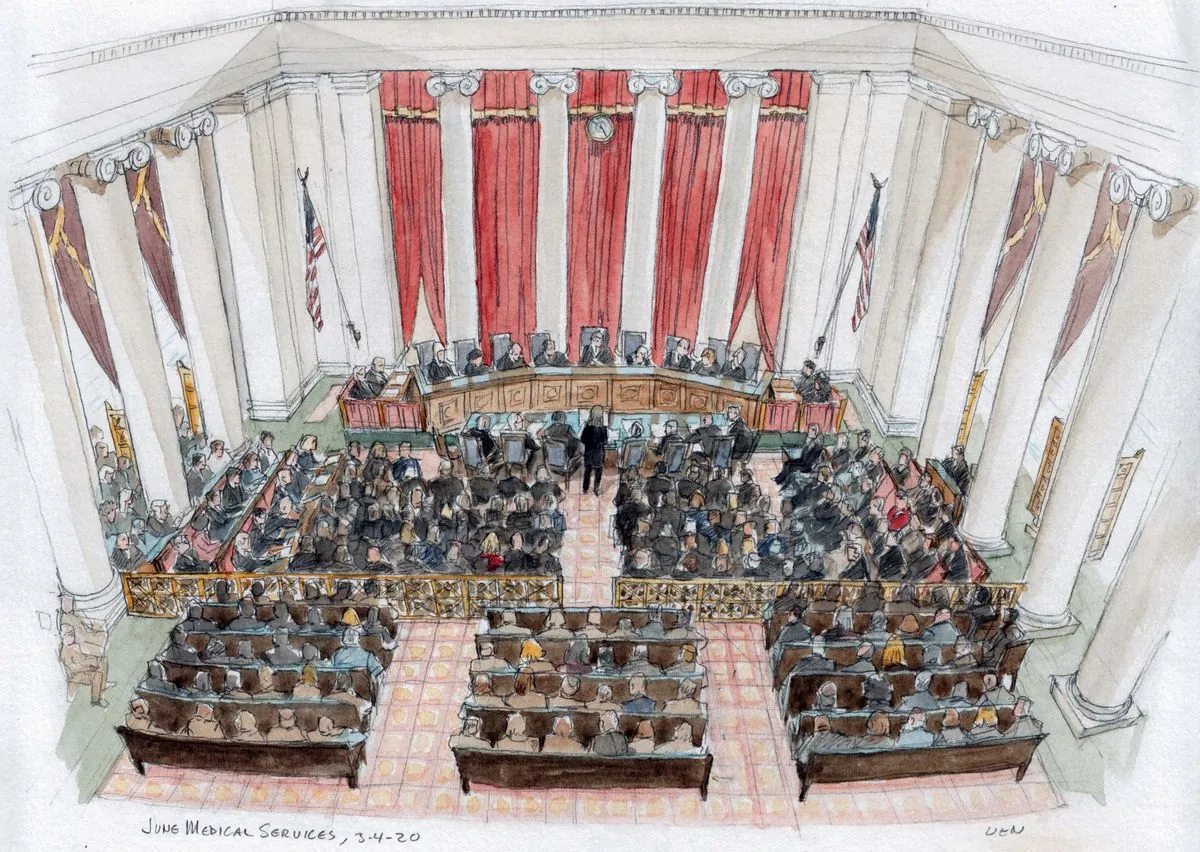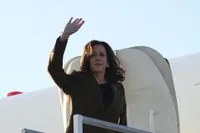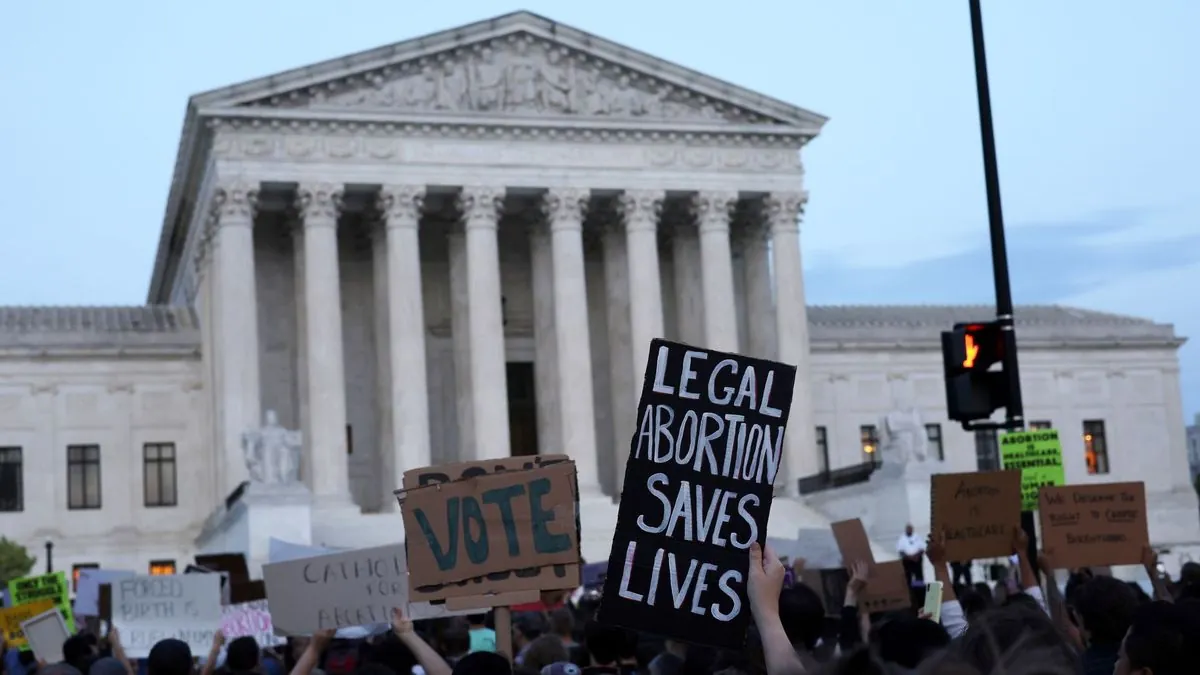Kazakhstan Votes on Nuclear Power Plant Amid Historical Concerns
Kazakhstan holds referendum on first nuclear power plant, balancing energy needs with Soviet-era testing legacy. Concerns arise over costs, Russian involvement, and voting irregularities.
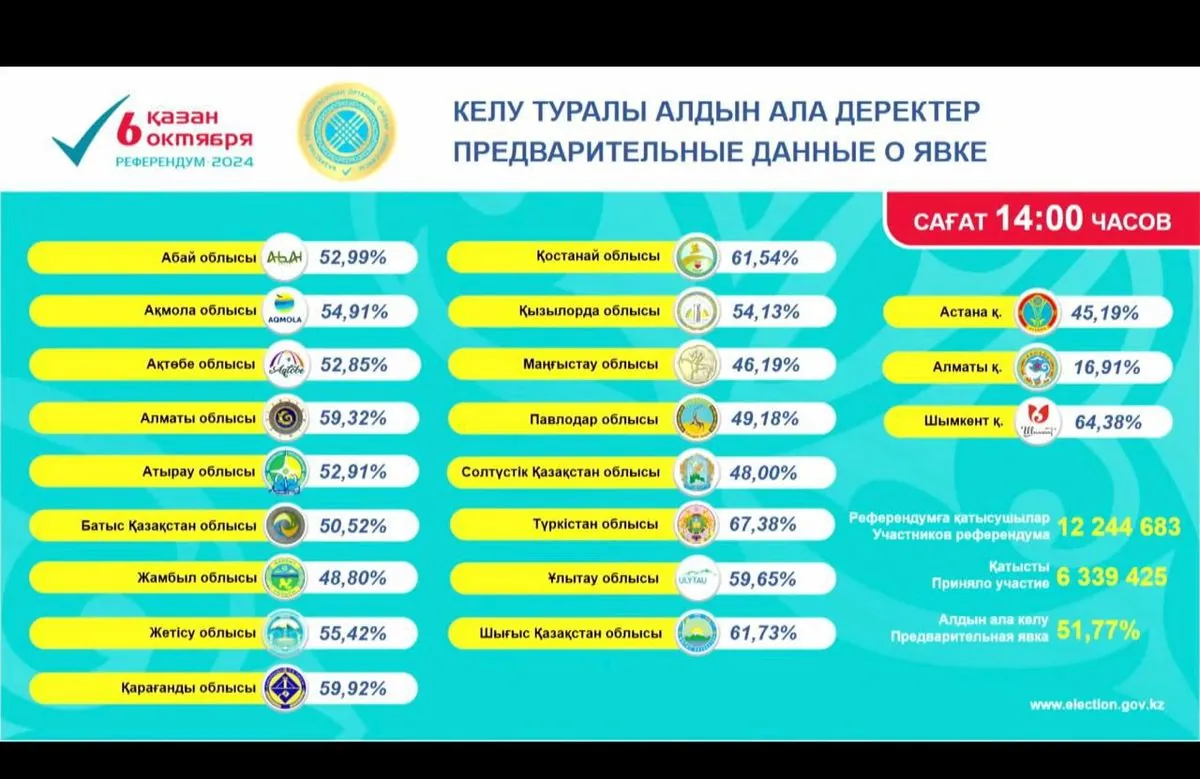
On 2024-10-06, Kazakhstan held a landmark referendum to decide on the construction of its first nuclear power plant. This vote marks a significant moment for the country, which has a complex history with nuclear energy.
President Kassym-Jomart Tokayev and his government support the proposal, aiming to enhance Kazakhstan's energy security. The proposed plant, planned near Lake Balkhash in southeastern Kazakhstan, would help reduce the nation's heavy reliance on coal-powered stations. Kazakhstan, the world's largest uranium producer, sees nuclear energy as a logical choice despite growing renewable energy use.
However, the referendum has sparked controversy due to Kazakhstan's painful legacy as a Soviet nuclear testing ground. Between 1949 and 1989, the Semipalatinsk test site in northeastern Kazakhstan was used for 456 nuclear weapon tests, causing severe environmental damage and health issues for nearby residents. The site was officially closed in August 1991, shortly before Kazakhstan gained independence and renounced nuclear weapons.
Critics have raised concerns about the project's high costs, estimated at up to $12 billion by the government. Additionally, there are apprehensions about potential involvement from Russia's state atomic agency, Rosatom, especially as many Kazakhs seek to distance themselves from Moscow's influence.
Tokayev addressed these concerns, suggesting that an international consortium with advanced technology could construct the plant. He stated, "The government must analyze and negotiate. But my personal vision is that an international consortium of companies with the most advanced technology possible should work together in Kazakhstan."
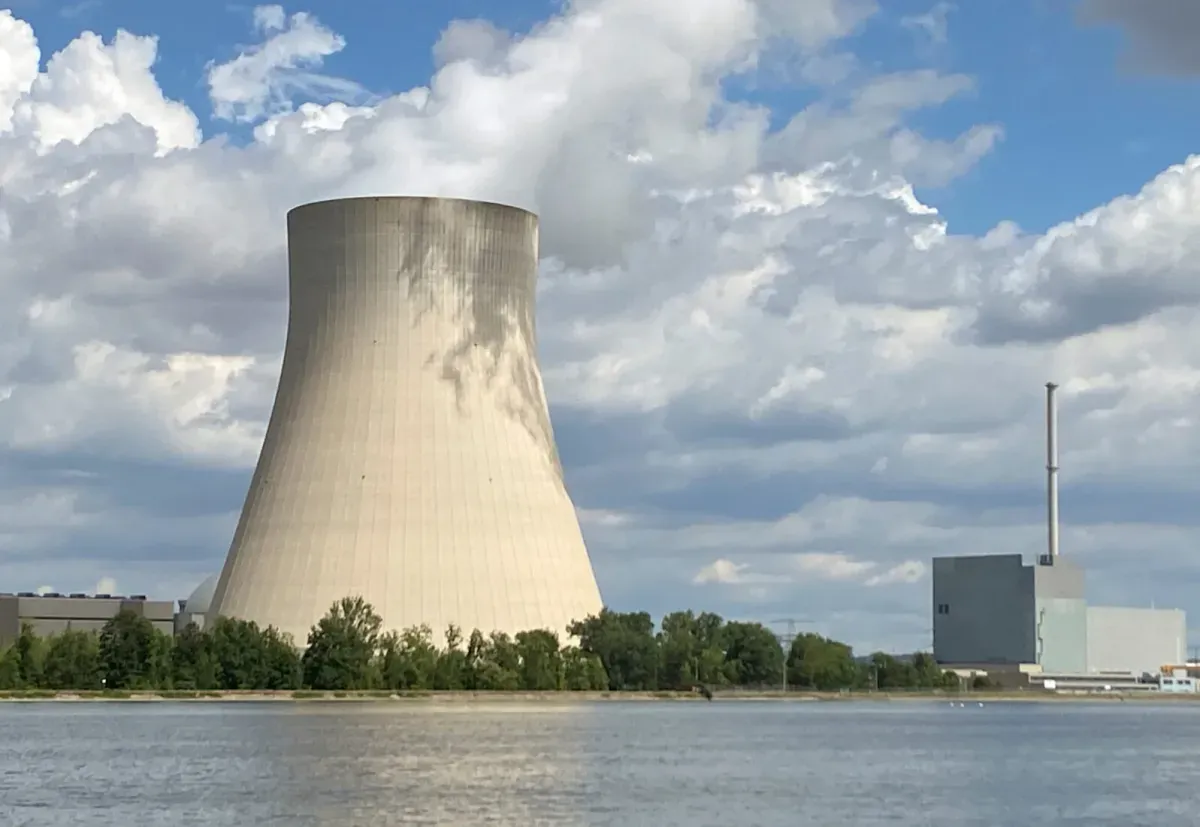
The referendum's fairness has been questioned, with reports of anti-nuclear protesters being arrested and permission for rallies denied in six Kazakh cities. Radio Azattyq shared footage appearing to show voting irregularities in the Turkestan region.
Kazakhstan, the world's largest landlocked country spanning both Asia and Europe, faces unique challenges in its energy development. With an economy heavily reliant on its vast mineral resources, including the world's 12th largest proven oil reserves, the country is seeking to diversify its energy portfolio.
The outcome of this referendum could significantly impact Kazakhstan's future energy landscape and its relationships with international partners. As the country balances its Soviet legacy with its aspirations for energy independence, the world watches closely. The results of this crucial vote are expected to be announced on 2024-10-07.
"The government must analyze and negotiate. But my personal vision is that an international consortium of companies with the most advanced technology possible should work together in Kazakhstan."
This referendum represents a pivotal moment for Kazakhstan, a nation that has been ruled by only two presidents since gaining independence in 1991. As it navigates its energy future, Kazakhstan must also consider its role in organizations like the Commonwealth of Independent States (CIS) and the Shanghai Cooperation Organisation (SCO), balancing regional ties with its national interests.














